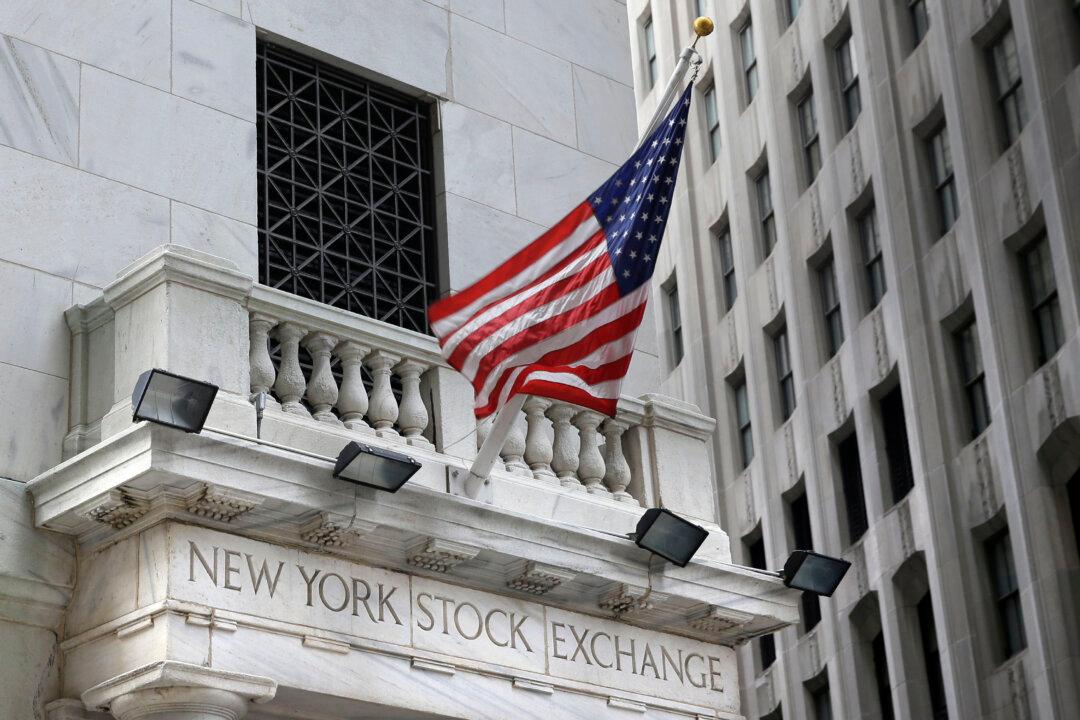NEW YORK—In a flat year overall for stocks, there was still plenty of excitement to be enjoyed—or endured—by 2015’s biggest winners and losers.
It was a year to make old guard companies shudder.
New media companies like Netflix, which rose 142 percent to notch the biggest gain in the S&P 500, became more valuable than established media companies like CBS. Amazon eviscerated traditional retailers like Macy’s and Walmart. And energy and materials companies were flattened by weak demand at a time of abundant supplies. The biggest loser was Chesapeake Energy, down almost 80 percent in 2015.
The Dow Jones industrial average, dominated by long-established companies in traditional industries, is down 1.2 percent for the year through Wednesday. The Nasdaq composite, with its heavy concentration of technology companies, is up a respectable 6.5 percent.
Here are the stories behind some of the stock markets biggest winners and losers for 2015.






